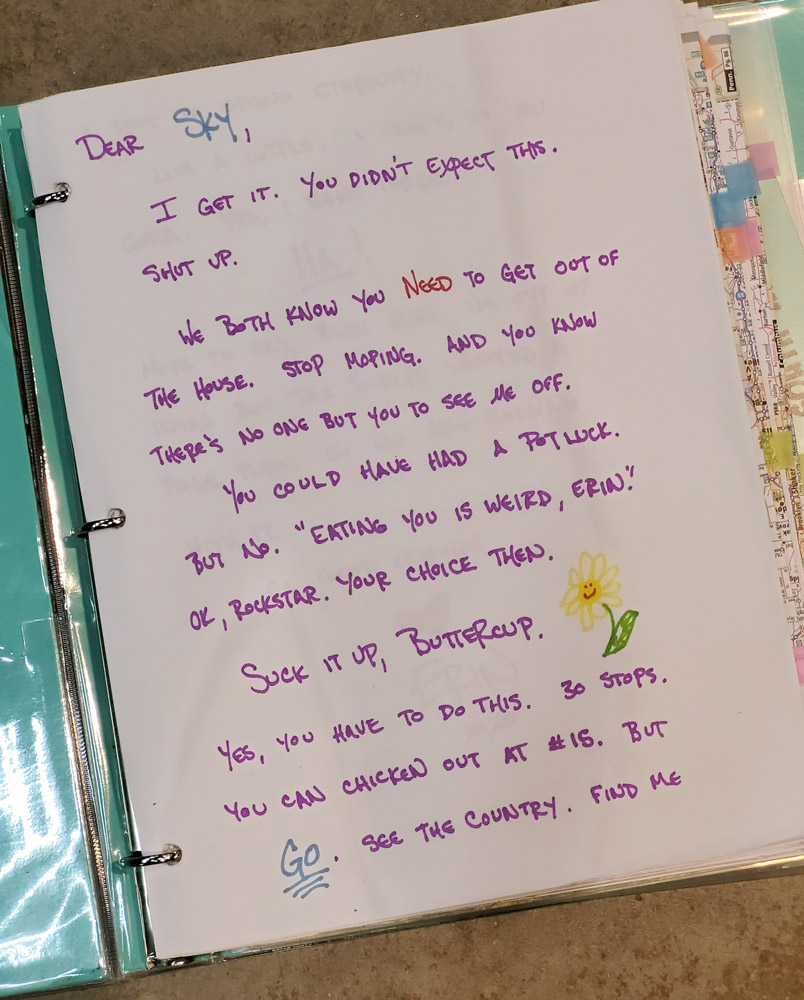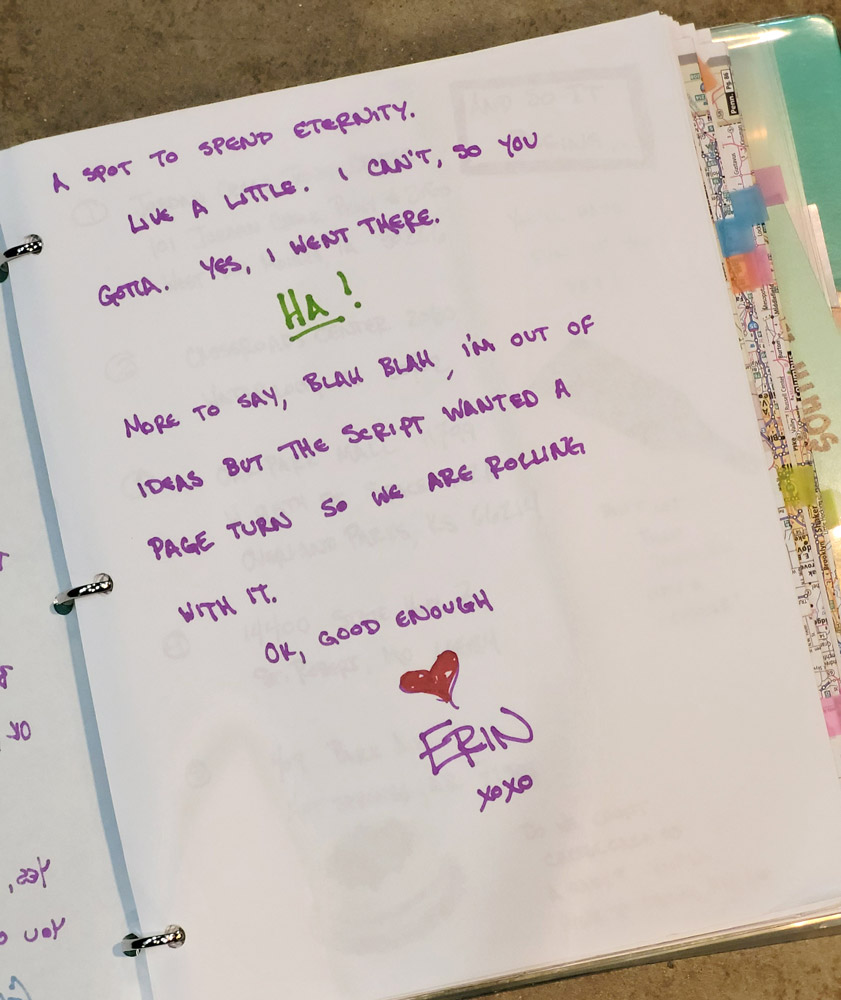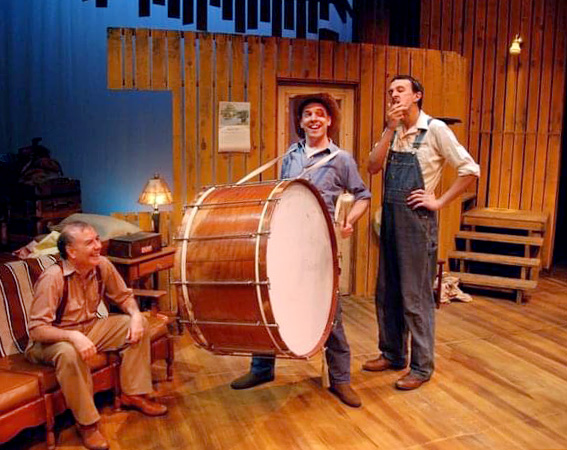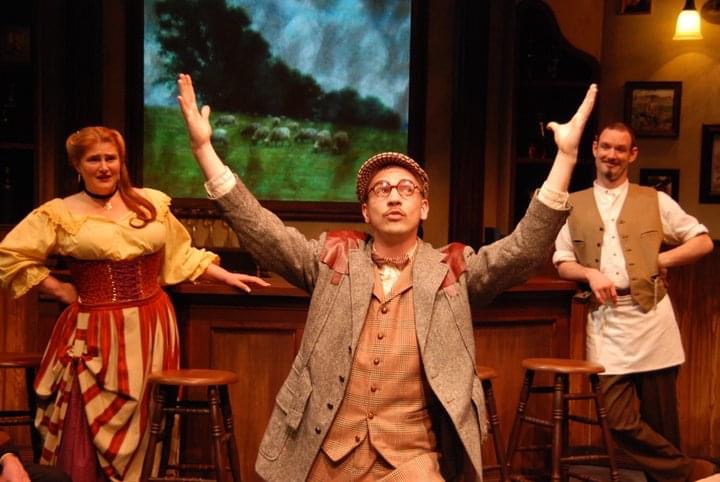By Ben Gorman

That walrus is so wise.
After six years as a member of the resident ensemble at the Commonweal, I’m moving on to new things. Many of you, locally, know of my intense interest in All Things Sustainable; I’ve decided to return to my previous career (2006-2009) in the green sector.
My goal is to discover my best fit in the burgeoning world of sustainability and climate change remediation, one which provides me the satisfaction that I’m doing something tangible to alter human society’s headlong course off the Carbon Cliff. I shall begin (or resume) this new voyage of discovery with a position as a weatherization auditor, based in Rochester, MN. I’ve had a taste of this work before, having done something along these lines for a big utility while living in Columbus, Ohio.
My time at the Commonweal will remain close to my heart. I’ve been working, playing, and crafting art here for 20 years, off and on. I first arrived in the summer of 2001 to play small roles in Twelfth Night—then was unexpectedly cast in other roles in the fall. That was the pattern for a while: getting cast here seasonally, then taking on additional work as it arose. I’ve sojourned to Lanesboro—as actor or visitor—many times over the years, always maintaining my cherished friendships with the “lifers.”
My 20-year perspective has allowed me to witness—and participate in—Commonweal’s growth as a company….Could I be prouder of what we’ve achieved? Doubtful.
These past six years in the resident ensemble have allowed me to explore and grow as an actor, and I think I (we) have produced some memorable theatre in that time. Since 2001, I acted in 15 main stage productions, one Wealhouse show (the premiere year!), one virtual-only show (Headspace, 2020), and worked in some creative capacity on many more. I undertook my first one-actor show (An Iliad with Wealhouse), and I played an invigoratingly broad range of roles. My 20-year perspective has allowed me to witness—and participate in—Commonweal’s growth as a company, both with respect to its art and its organization as an institution. Could I be prouder of what we’ve achieved? Doubtful.
As for acting and The Theatre, I consider this stepping-away as merely a sabbatical, not a final bow and exit stage left. In the end, it’s all just stage movement, what actors call “blocking”—the stage manager will let me know when my next entrance is coming up. Meantime, I can actually go see some theatre for a change! Yes, including future shows at the Commonweal, my little sometime home in Bluff Country.
Keep a seat warm for me.
Ben






















